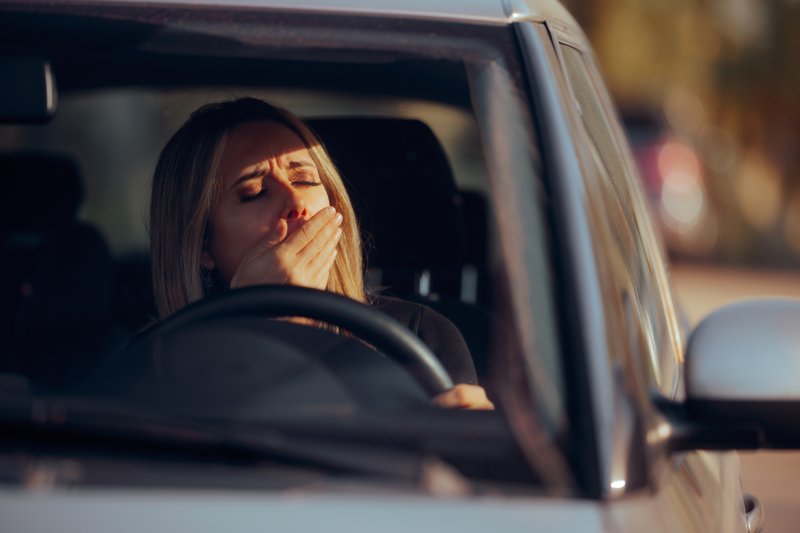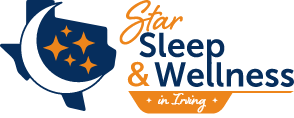
Drowsy driving is something most people are guilty of doing at some point in their life. No matter how often it occurs, though, the dangers remain. Being able to operate a vehicle successfully and safely requires being alert, as well as being able to react in a split second should something happen. If you’re too tired, though, your response time will be dramatically affected, leading to a crash, fender bender, or worse, fatality. Read on to learn about the dangers of drowsy driving and what you can do about it.
What Makes Drowsy Driving Dangerous?
Driving a vehicle while drowsy is usually a result of sleep deprivation. When you do not get the kind of rest you need at night, you will suffer multiple issues the following day, one of which is your inability to drive safely.
Researchers have discovered that those who go without 24 hours of sleep have the same level of impairment as someone with a blood alcohol content (BAC) of 0.10%. Not only are you less attentive, but you’re also easily distracted and have a slow reaction time. This can make the roadway a dangerous place to be, not only for yourself but for others as well.
According to the National Highway Traffic Safety Administration (NHTSA), drowsy driving contributed to nearly 91,000 crashes in 2017. Eight hundred of those resulted in death, and an estimated 50,000 led to serious injuries.
What Kind of Symptoms Occur with Sleep Apnea?
One of the reasons drowsy driving occurs is sleep apnea. When you try to fall asleep at night but wake up frequently gasping for air or choking, it is because there is an obstruction blocking your airway. This is most often the result of soft tissues in the back of the mouth falling and keeping air from flowing.
You may not realize that you have sleep apnea unless you recognize some of the symptoms, which can include:
- Chronic daily fatigue
- Loud snoring
- Morning headaches
- Difficulty concentrating
- Ceased breathing for 10 seconds or more
- Dry mouth
- Sore throat
- Frequent urination throughout the night
- Depression
How Can Treatment From a Sleep Specialist Help?
If you want to make sure that you can operate a car safely, it’s imperative that you seek professional help. Whether you believe sleep apnea is to blame, it’s best to inquire about a specialized study that monitors your habits and patterns throughout the night. Once you receive a formal diagnosis, a sleep expert can recommend available treatment options to improve your symptoms.
One of the most popular options is oral appliance therapy, which is a custom device worn at night that moves the jaw forward into a new position while keeping the airway open. This prevents any tissues from falling and causing an obstruction.
Another solution is CPAP therapy, which is common among sleep apnea sufferers. The machine pushes air through tubing that is connected to a facial or nasal mask that you wear at night. This forces the airway to stay open so that frequent interruptions do not occur.
No matter how you and your sleep specialist choose to treat your sleep apnea, trust that the long-term results will lead to a reduction of symptoms and greater confidence when on the road.
About the Practice
The experts at Star Sleep & Wellness in Irving know how hard it can be to function each day when dealing with sleep apnea. The endless symptoms that make it difficult to drive, perform at work, and maintain healthy relationships can take their toll; however, our team can recommend safe and effective treatment options in the form of CPAP therapy, oral appliance therapy, and more. If you are worried that you might experience a driving accident because of your chronic fatigue, contact us right away.
